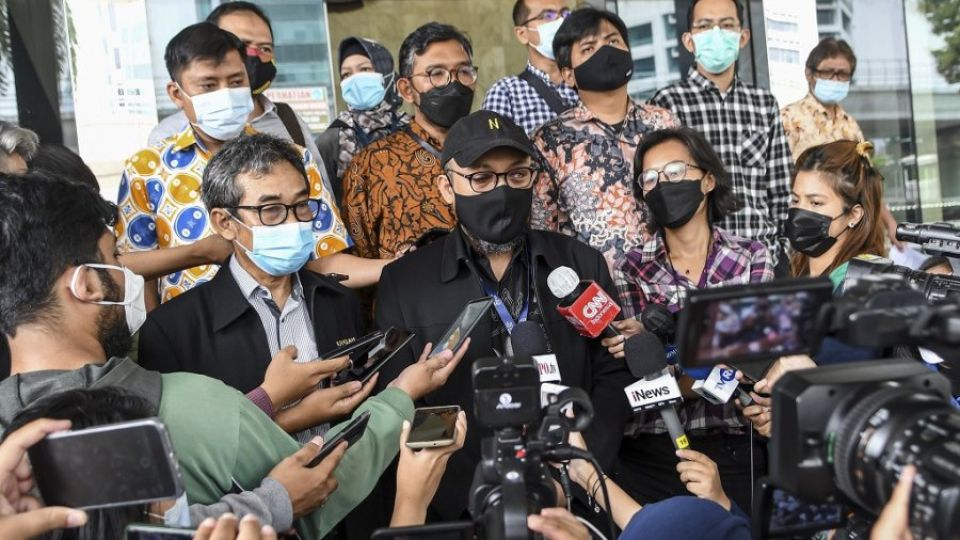April 13, 2023
JAKARTA – The Alliance of Independent Journalists (AJI) has recommended that journalists working in Jakarta receive at least Rp 8.2 million (US$555) per month in take-home pay, but the association found most journalists in its survey are paid far below this.
The Rp 8.2 million figure was based on basic needs of food, housing and clothing as well as the allocation of savings and devices needed for work, such as laptops or smartphones. The figure is higher than the Rp 8 million recommended in the association’s survey last year.
From the 97 journalists surveyed, 44.3 percent admitted that they were paid under Jakarta’s 2023 provincial minimum wage of Rp 4.9 million a month, some receiving a mere Rp 2 million per month, an amount that was even below AJI’s calculation to just cover food.
The respondents of the survey were Jakarta-based journalists that had been working for zero to three years with most working for online news platforms.
“This is an important future note for AJI and the Manpower Ministry, that is; how we can formulate a media industry that humanizes its journalists more,” said AJI Jakarta head of advocation and labor force division Irsyan Hasyim in a Tuesday press briefing.
Read also: Most journalists in Jakarta are underpaid: Association
Employers must pay every worker at least the annually set minimum wage, and paying a journalist only that much is a violation punishable by a fine or one to four years imprisonment, as regulated in the country’s omnibus law on Job Creation.
In addition to low pay, 88 of the 97 journalists surveyed claimed they did not receive overtime pay, while 63 of them said they worked more than eight hours every day.
Around 30 journalists surveyed claimed that the media platform they worked for did not have annual pay raise directives, while another 41 journalists said they had no knowledge of whether their firms employed that kind of rule.
International Labour Organization (ILO) country director Michiko Miyamoto said journalists played a critical role in society and in democracy, therefore, maintaining their livelihoods was as important as their role.
“We don’t talk enough about the people working in the media industry itself,” said Miyamoto at the same event on Tuesday.
Miyamoto said that it is “a little bit alarming” that collective bargaining is being withdrawn in some countries due to the pandemic and economic recovery, when such methods could be a way for workers, including journalists, to improve their livelihoods.
“I do hope that collective bargaining remains at the heart of the well-functioning labor market and democracy in Indonesia and in the media industry,” she said.
Collective bargaining is a method wherein workers, through union, negotiate contracts with their employers to determine the terms of employment, including pay, benefits, hours, leave and more.
Despite its importance, only 18 journalists in the survey said such a union existed in their workplace, while another 43 claimed they did not have any and the rest did not know.


